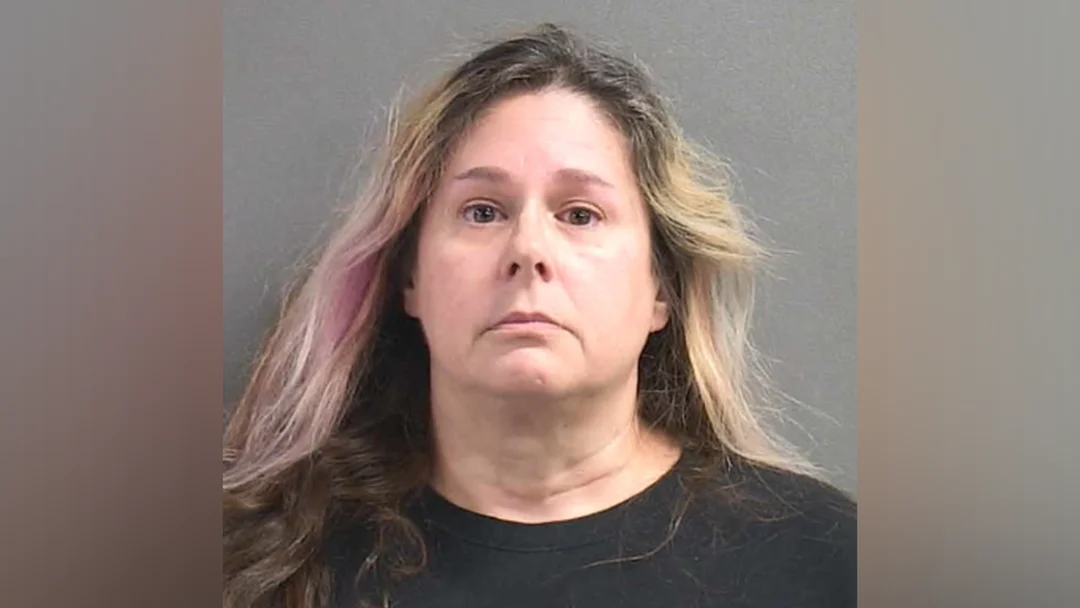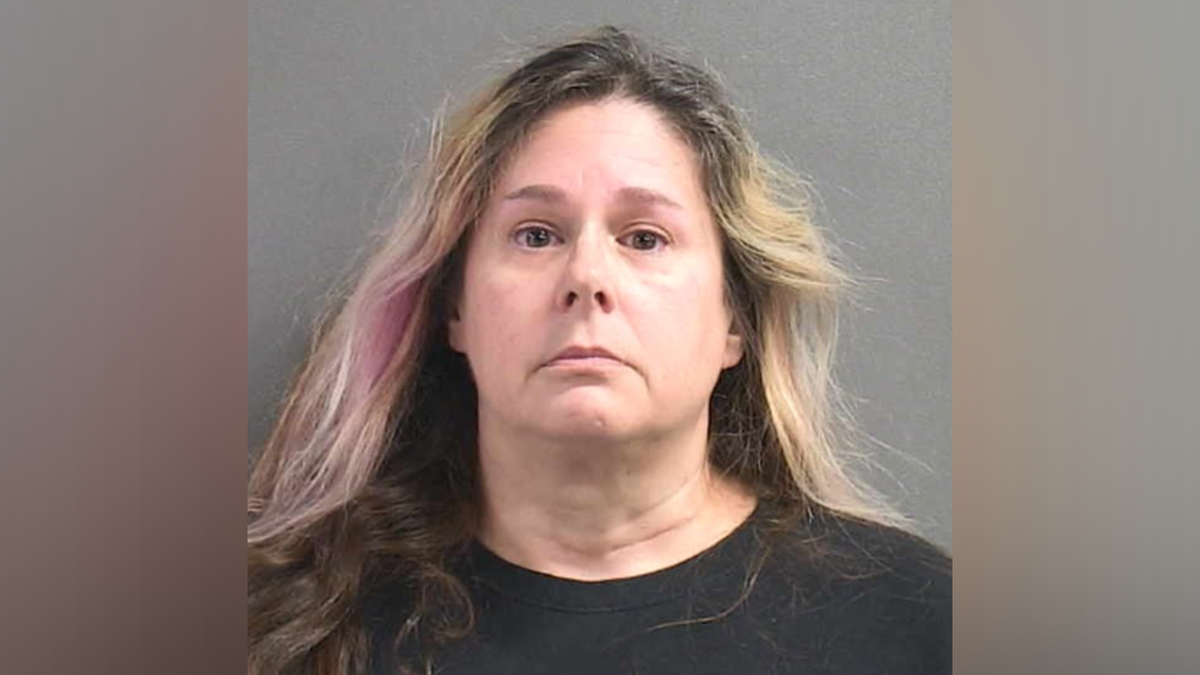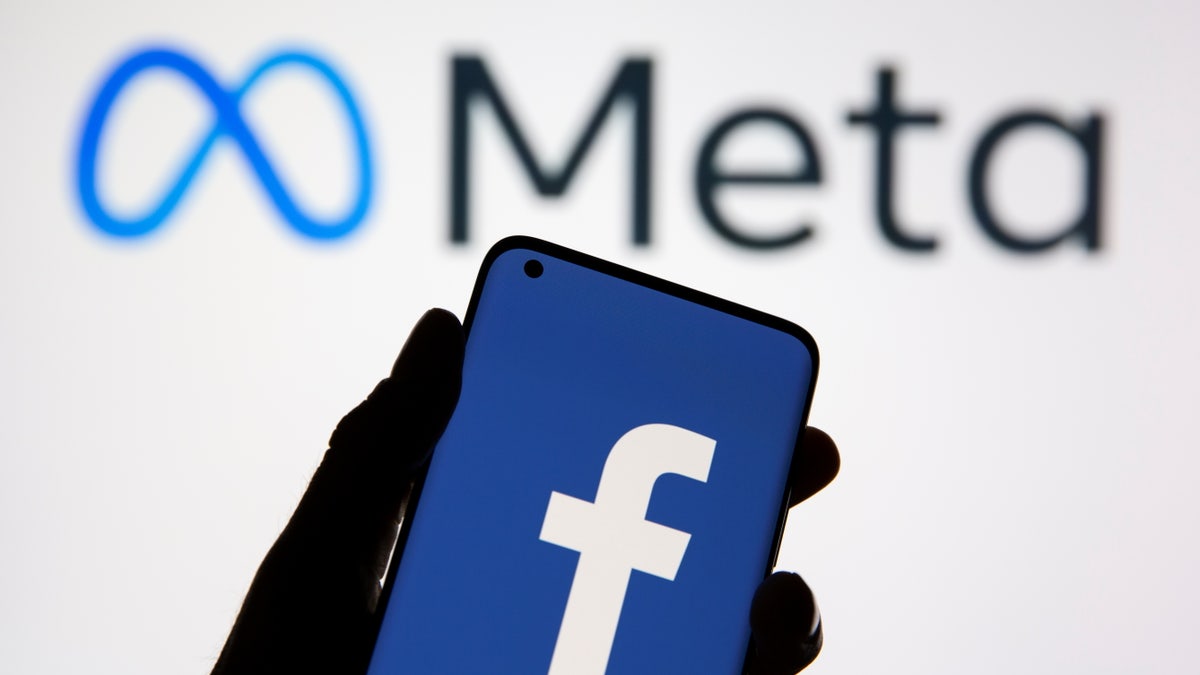
Florida Woman Accused Of Running Macabre Human Bone Trade Through Curio Shop And Facebook Marketplace
A Deltona woman’s arrest for allegedly buying and selling human bones through her Orange City curio store and Facebook Marketplace has sent shockwaves across Florida, drawing attention to the murky world of online human remains trading and glaring gaps in public awareness about state law.

Kymberlee Anne Schopper, 52, was taken into custody Thursday at her home following a 15-month police investigation. Authorities say Schopper – along with her business partner Ashley Lelesi – ran 'Wicked Wonderland,' a store that listed skull fragments, clavicle, scapula, ribs, vertebrae, and a partial skull for hundreds of dollars each, in some cases described as "genuine human remains and delicate in nature." Police were first tipped off in December 2023 when a resident noticed the macabre inventory advertised on Facebook.

After police secured evidence from the store, an arrest affidavit recounts Schopper and Lelesi’s claim that the store had been selling bones for years and did not know it was illegal in Florida. Schopper insisted the bones were “educational models,” which would be protected under state statutes, while Lelesi stressed that all items were purchased from private sellers with documentation—though none could be produced on the spot.
The investigation, however, painted a different picture: medical examiners found several skull fragments and other bones dating back more than 100 years, some more than 500 years old and of likely archaeological origin. Records show the remains originated from multiple individuals. Police say at least one skull fragment had already been sold, and more bones were in possession of the business at the time of the raid. El-Shami, Captain of Orange City Police, commented: "It's not every day that you find real human bones online." Legal experts confirm Florida law bans the sale of human remains despite exceptions for certain models, a nuance that may not be widely understood even among sellers of oddities and curiosities.

Schopper was released on $7,500 bail pending further court action, while charges have also been filed against her business partner. The store itself has closed, with ambiguous messages to customers about future hours. The case has stirred debate about how easily such taboo goods can circulate in plain view, enabled by social platforms and a cottage industry in quirky, often law-flirting merchandise. Distinctions between legitimate scientific use and profit-driven trading continue to blur, raising uncomfortable questions.
As investigators dig deeper into the supply chains, the story prompts us to ask: How did so many human bones end up for sale online with so little oversight? Are laws keeping pace with the realities of the digital marketplace? Share your thoughts below and join the conversation about society’s boundaries, ethics, and the strange commerce thriving in the shadows.